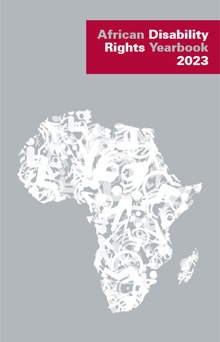Going Beyond Christian Doctrinal Disability Discourses to Embrace Human Rights in Zimbabwe
DOI:
https://doi.org/10.29053/adry.v11i1.5102Abstract
Christian doctrines, practices, beliefs and convictions are tools that are shaping perspectives and provide meaning to disability in most religious settings in Zimbabwe. Most Christian and African Traditional religions in Zimbabwe are not yet open to public discourse about disability and even proactively bringing the needs of persons with disability to the centre of their missional agenda. Disability perspectives and proactive strategies to help persons with disabilities are still trapped within Christian sermonic outlets and few charitable deeds. Besides providing an overall religious disability discourse in Zimbabwe, this article explores options for going beyond Christian doctrinal and/or biblical perspectives to a position of complementing institutional activism enshrined in the 2030 Disability Agenda for Sustainable Development Goals. This article uses disability theology as a lens to understand Christian doctrinal disability discourse. Qualitatively, this article uses document analysis to gather data. This article concludes that religious communities in Zimbabwe should transform to not merely integrate persons with disabilities and provide charity but also focus on inclusion as a human right as advocated by secular stakeholders such as the 2030 Agenda for Sustainable Development Goals (SDGs) and African Union Agenda 2063 especially focusing on creating awareness of disability rights and integrating Zimbabwean laws on disability.


